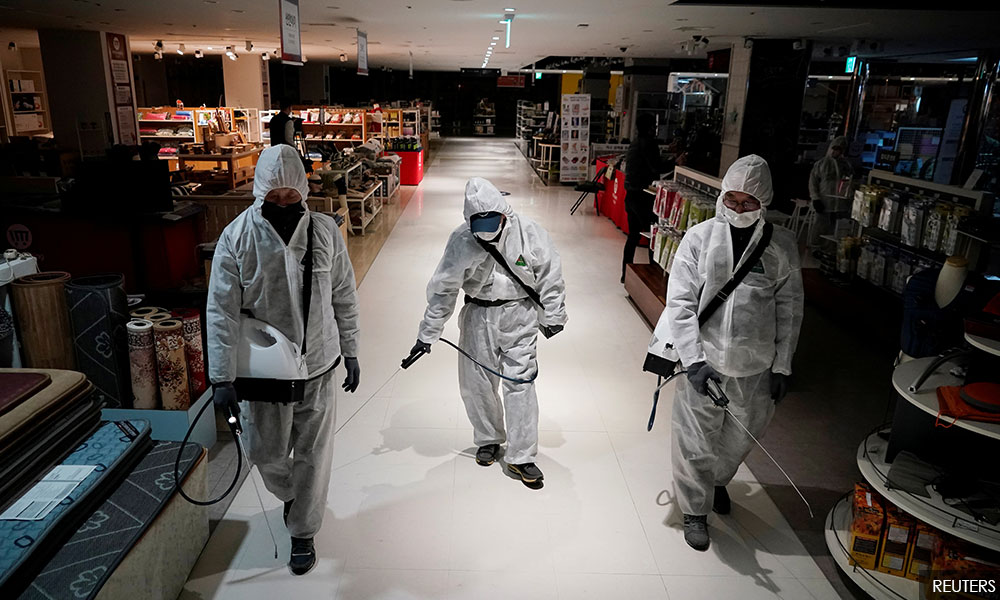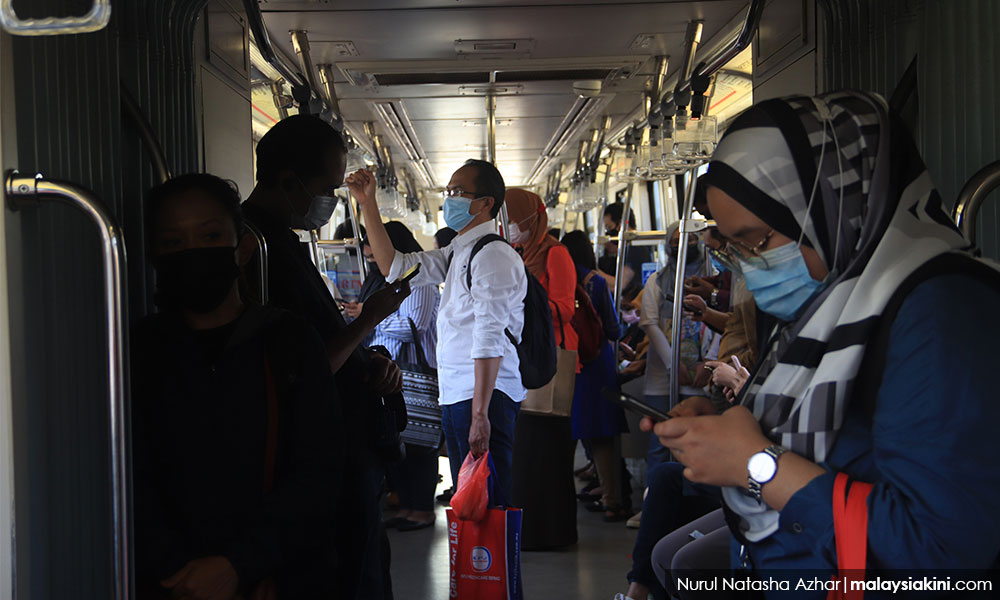The scientific journal Nature has urged the World Health Organization and national public health authorities to turn their attention to the air in the fight against Covid-19, rather than surfaces.
The scathing editorial published yesterday came amid a growing consensus that the virus is airborne and spreads primarily through droplets and aerosols.
Transmission through contaminated surfaces is now thought to be plausible, but rare, and the journal said authorities should keep up with the science and issue clear and updated guidance.
“Now that it is agreed that the virus transmits through the air, in both large and small droplets, efforts to prevent spread should focus on improving ventilation or installing rigorously tested air purifiers.
“People must also be reminded to wear masks and maintain a safe distance. At the same time, agencies such as the WHO and the United States Centers for Disease Control and Prevention need to update their guidance on the basis of current knowledge.
“Research on the virus and on Covid-19 moves quickly, so public-health agencies have a responsibility to present clear, up-to-date information that provides what people need to keep themselves and others safe,” it said in the editorial.
Costly disinfection efforts
Malaysia requires sites where Covid-19 outbreaks have occurred to be closed for disinfection and deep cleaning.
Yesterday, Senior Minister (Security Cluster) Ismail Sabri Yaakob said agencies under the Housing and Local Government Ministry alone had performed 15,217 sanitisation operations since March 30, 2020.
This includes 63 operations carried on Monday, involving 397 Fire and Rescue Department personnel and 50 of its fire engines, 211 personnel from local authorities, and 23 for other agencies.
Numerous businesses also engage private companies for disinfection services.
In addition, various standard operating procedures issued by the National Security Council (NSC) also require businesses to carry out disinfection routinely.
The SOP for the manufacturing sector, for example, stipulates that cleaning and disinfection should be carried out three times per day particularly on frequently touched surfaces like doorknobs and lift buttons.

Workers’ hostels are to be disinfected daily, while buses ferrying them between the hostels and their workplace are to be disinfected after each use. All these occur at the businesses’ expense.
However, Nature said the lack of clarity from health authorities on the risk of contaminated surfaces, compared to the much larger risk of airborne transmission, could have serious implications.
“People and organisations continue to prioritise costly disinfection efforts when they could be putting more resources into emphasising the importance of masks, and investigating measures to improve ventilation.
“The latter will be more complex but could make more of a difference,” it said.
Droplet and aerosols
For the record, the NSC does require social distancing and the wearing of face masks in most situations but offer no guidance regarding ventilation apart from reducing the number of people present at workplaces by encouraging working from home.
Droplet and aerosols are particles produced when people breath, talk, cough, or sing, especially when they do so loudly.

Aerosols, in particular, are thought to be capable of carrying the virus and linger the air for hours, thus allowing viral particles to accumulate in a room if ventilation is poor. An infection could start if these particles are inhaled.
Early in Covid-19 pandemic, the disease was thought to be spread primarily through droplets that fall to the ground within a few metres of being expelled by an infected person, and through contaminated surfaces (known as fomites).
Aerosols were thought to play only a minor role at the time, while the risks of fomites were played up by reports of laboratory studies finding detectible levels of the virus on surfaces for days.
Since then, hundreds of studies on Covid-19 transmission in real-life conditions have been published.
Though fomite transmission cannot be completely ruled out, published examples are few and far in between. On the other hand, examples of a droplet or aerosol transmission were plentiful. - Mkini



No comments:
Post a Comment
Note: Only a member of this blog may post a comment.